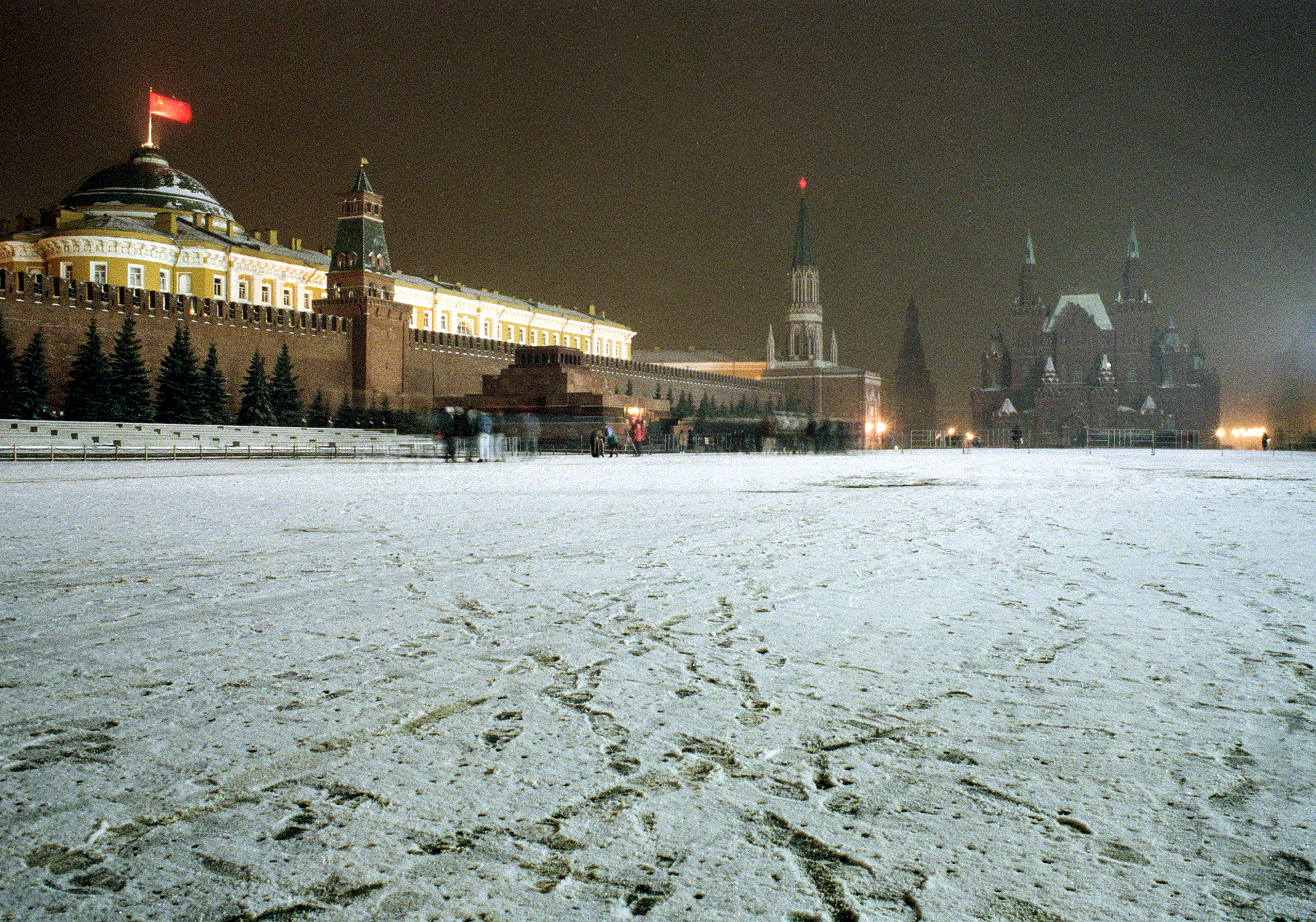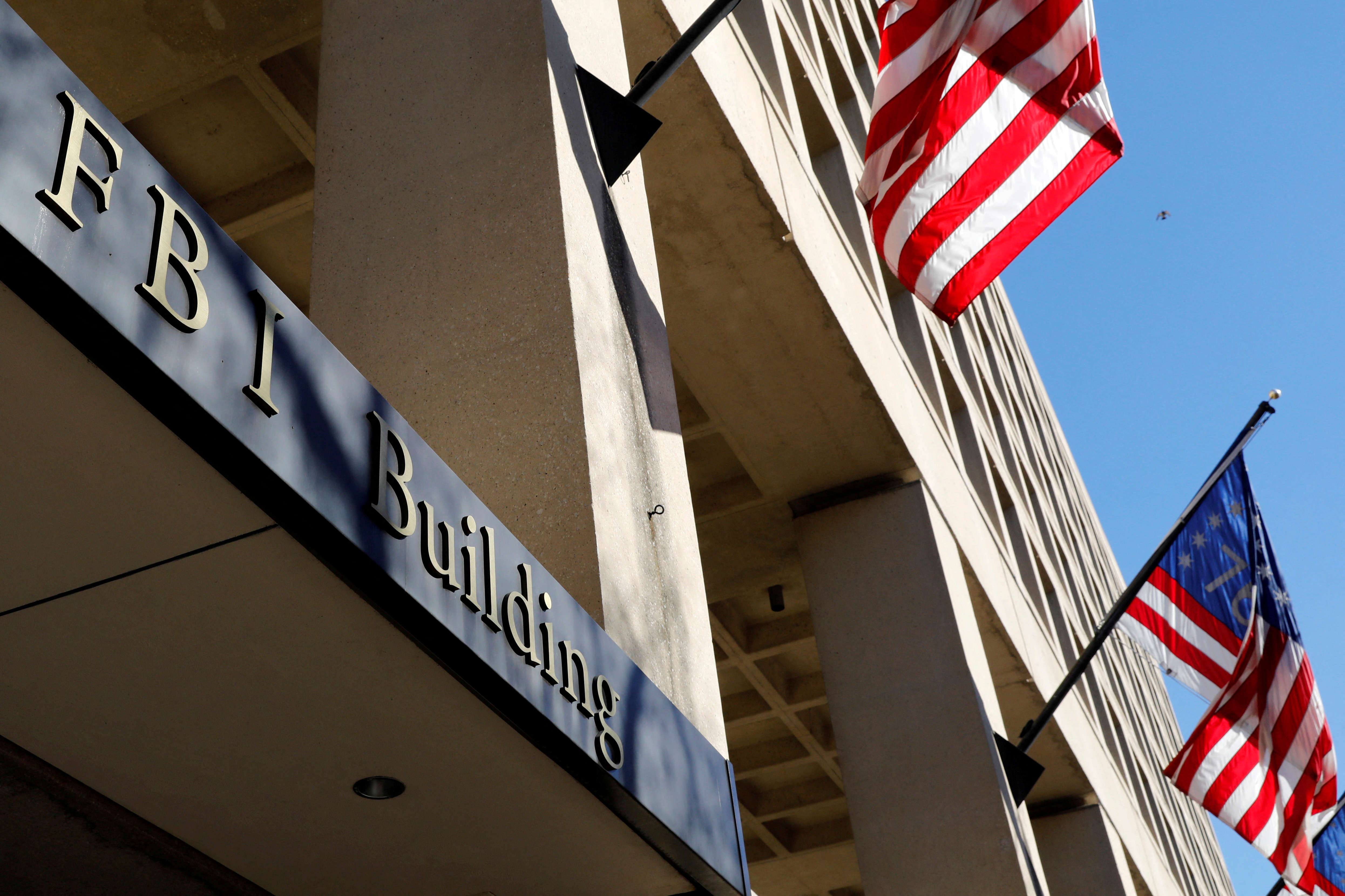
Just after the Russian invasion of Ukraine in February, the United States expelled 13 diplomats from the Kremlin who worked at the UN. The US argument held that they were Russian intelligence officers or agents working under diplomatic cover. Although the details of the alleged activities are unknown, it is clear that Russia has a long history of using the United Nations for espionage, according to an analysis by Calder Walton, deputy director of the Applied History Project at Harvard Kennedy School of Government, published in The Cipher Brief.
At the time of the Cold War, Soviet intelligence penetrated and altered key parts of the UN. These situations became known when Western governments expelled Soviet “diplomats”.
The Soviet Union saw the UN as a platform to convey its message to the world. As a permanent member of the UN Security Council, I had the right of veto that I frequently used.
Between 1945 and 1983, the Soviet government issued 115 vetoes, compared to 38 by the United States and 20 by the United Kingdom. Under the terms of the Yalta agreement between the Soviet Union and the Western powers in 1945, two of the Soviet socialist republics, Ukraine and Belarus, were members of the UN in their own right. Thus, the Soviet Union had three votes against one from the United States.
The clandestine activities of the Soviet Union

A British Foreign Office file that was declassified in September 2021, entitled Russian Intelligence Service operating under UN coverage, reveals that in the 1970s, the intelligence services of the Soviet Union, the KGB and the GRU, penetrated the UN thoroughly in New York and Geneva.
Its officials used diplomatic cover for espionage. According to the file, cited by The Cipher Brief, the KGB controlled key parts of the UN bureaucracy as the Kremlin went through a period of détente in relations with the West.
Among the revelations, one stands out in 1978, when it was revealed that the Undersecretary General, Arkady Shevchenko, of Soviet nationality, defected to the US authorities. The official soon revealed publicly that he was a KGB officer.
Shevchenko had previously been recruited by the CIA, which convinced him to continue operating as an agent at the UN. After his defection and widespread misinformation, he revealed that the presence of Soviet intelligence at the UN was profound.
He also said that half of the Soviet citizens working at the UN headquarters in New York, and at its Office in Geneva, were intelligence officers or were explicitly assigned intelligence-related tasks to obtain information about the officials of the member states who worked there. The UN chief of staff in Geneva was a KGB officer, according to The Cipher Brief.
The Kremlin also secured the post of Director of the Division for Policy Coordination in the Office of Personnel Services in New York. He instructed his undercover officers at the UN that their success would be measured by the intelligence collected, the secrets they stole, and not by their work for the multilateral body. This violated UN standards, which required nationals stationed there to work for the agency.
The kidnapping of posts at the UN provided the KGB with an opportunity to recruit Western citizens as agents of espionage or influence.
In May 1978, the FBI successfully arrested and prosecuted two Soviet citizens working in the UN Secretariat accused of espionage. They were arrested for stealing secrets of the US anti-submarine war from an agent they thought they had recruited into the U.S. Navy, but their source was actually a double agent who worked secretly for the FBI.

Then, in July 1978, a Soviet military intelligence officer (GRU) working in the Soviet UN mission in Geneva, Vladimir Rezun, defected to British intelligence. His mission, as he later publicly revealed under the alias of Viktor Suvorov, was to steal scientific and technical secrets from Western powers, especially the United States. His hunting ground was the United Nations Conference on Trade and Development (UNCTAD), according to The Cipher Brief.
Soviet intelligence also penetrated other branches of the UN, such as UNESCO and WHO.
The Kremlin had a corps of intelligence officers posing as diplomats. In November 1984, the Soviets had up to 126 diplomats accredited to the UN in New York. Compared to 59 in the United States and 20 in the United Kingdom. The recently unveiled British Foreign Ministry file says that most of these Soviet officials were “engaged in intelligence work,” according to The Cipher Brief. In 1980, Switzerland said that of the approximately 650 Soviet officials residing there, at least 200 were engaged in espionage.
During the Cold War, both sides exchanged expulsions of diplomats suspected or established to be intelligence officers. By expelling Soviet intelligence officers, Western governments deprived them of their recruitment bases and an architecture for espionage in the West.
In September 1971, the British government expelled 105 Soviet “diplomats” from the country in what it called Operation FOOT. It was the largest expulsion of its kind during the Cold War. This operation followed the defection of a KGB officer in Great Britain, Oleg Lyalin, who worked in his sabotage department.
Operating undercover in the Soviet Trade Delegation, Lyalin revealed to MI5 that his mission was to prepare for sabotage operations against Britain when World War III broke out, a hot war between the Soviet Union and the West. A former high-ranking KGB officer, Oleg Kalugin, later claimed that FOOT dealt a blow to Soviet intelligence in Britain from which he never recovered.
The Kremlin's espionage activities at the UN did not stop at the end of the Cold War. The successor service of the KGB in Russia, the SVR, continued its craft, according to Walton's analysis. A defector from SVR in the late 1990s, Sergei Tretyakov, defected to the CIA from Russia's UN mission in New York, where he was allegedly close to his then boss, Sergei Lavrov.
At present, Western intelligence agencies are recruiting disgruntled Russian intelligence officers, working under diplomatic cover in the West, who will follow the path of their Soviet predecessors. It is not hard to imagine Russian foreign intelligence officers feeling downcast and disgusted by Putin's war in Ukraine, now willing to share the secrets they know are on the right side of history.
Keep reading:
Últimas Noticias
Debanhi Escobar: they secured the motel where she was found lifeless in a cistern
Members of the Specialized Prosecutor's Office in Nuevo León secured the Nueva Castilla Motel as part of the investigations into the case

The oldest person in the world died at the age of 119
Kane Tanaka lived in Japan. She was born six months earlier than George Orwell, the same year that the Wright brothers first flew, and Marie Curie became the first woman to win a Nobel Prize

Macabre find in CDMX: they left a body bagged and tied in a taxi
The body was left in the back seats of the car. It was covered with black bags and tied with industrial tape
The eagles of America will face Manchester City in a duel of legends. Here are the details
The top Mexican football champion will play a match with Pep Guardiola's squad in the Lone Star Cup

Why is it good to bring dogs out to know the world when they are puppies
A so-called protection against the spread of diseases threatens the integral development of dogs




